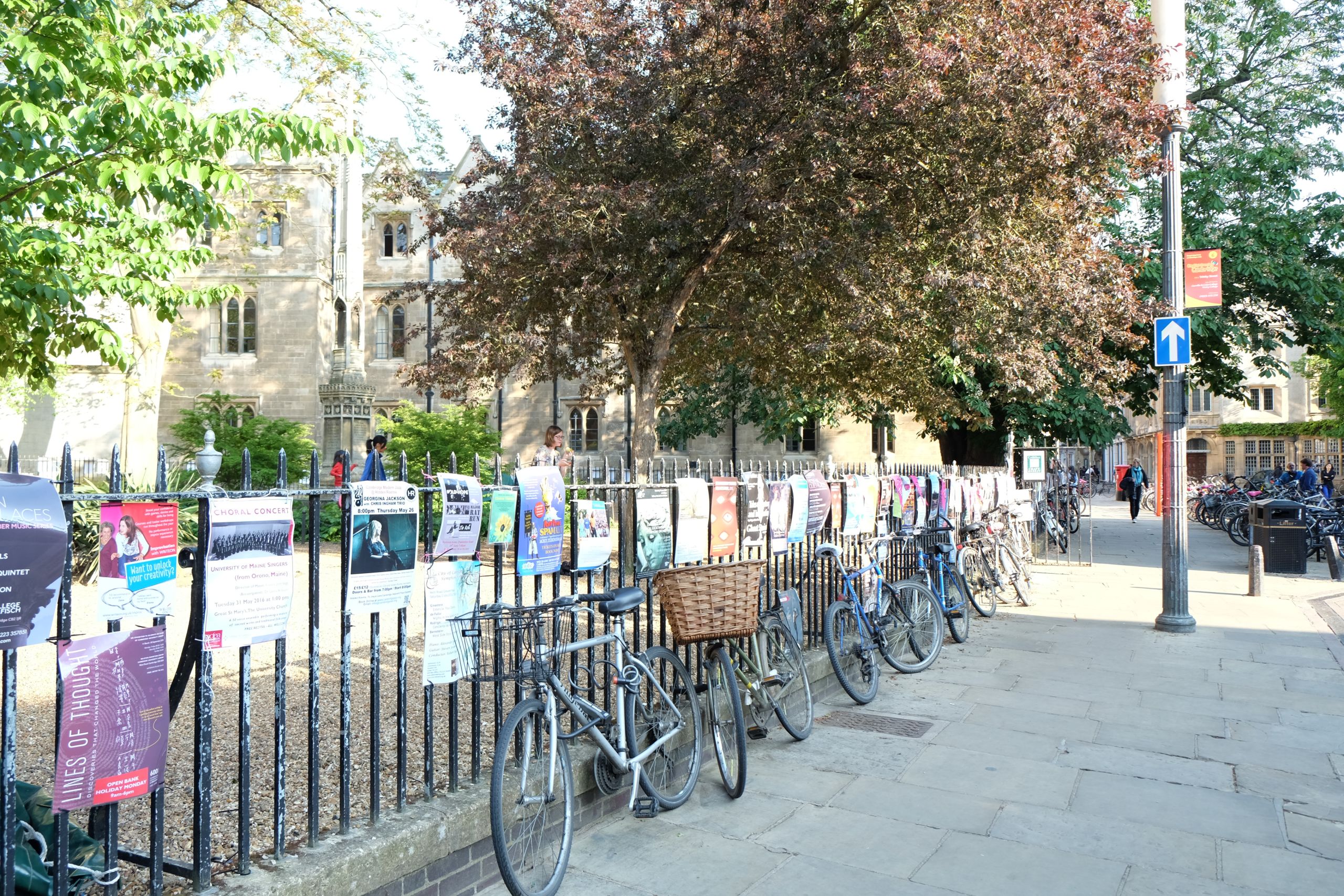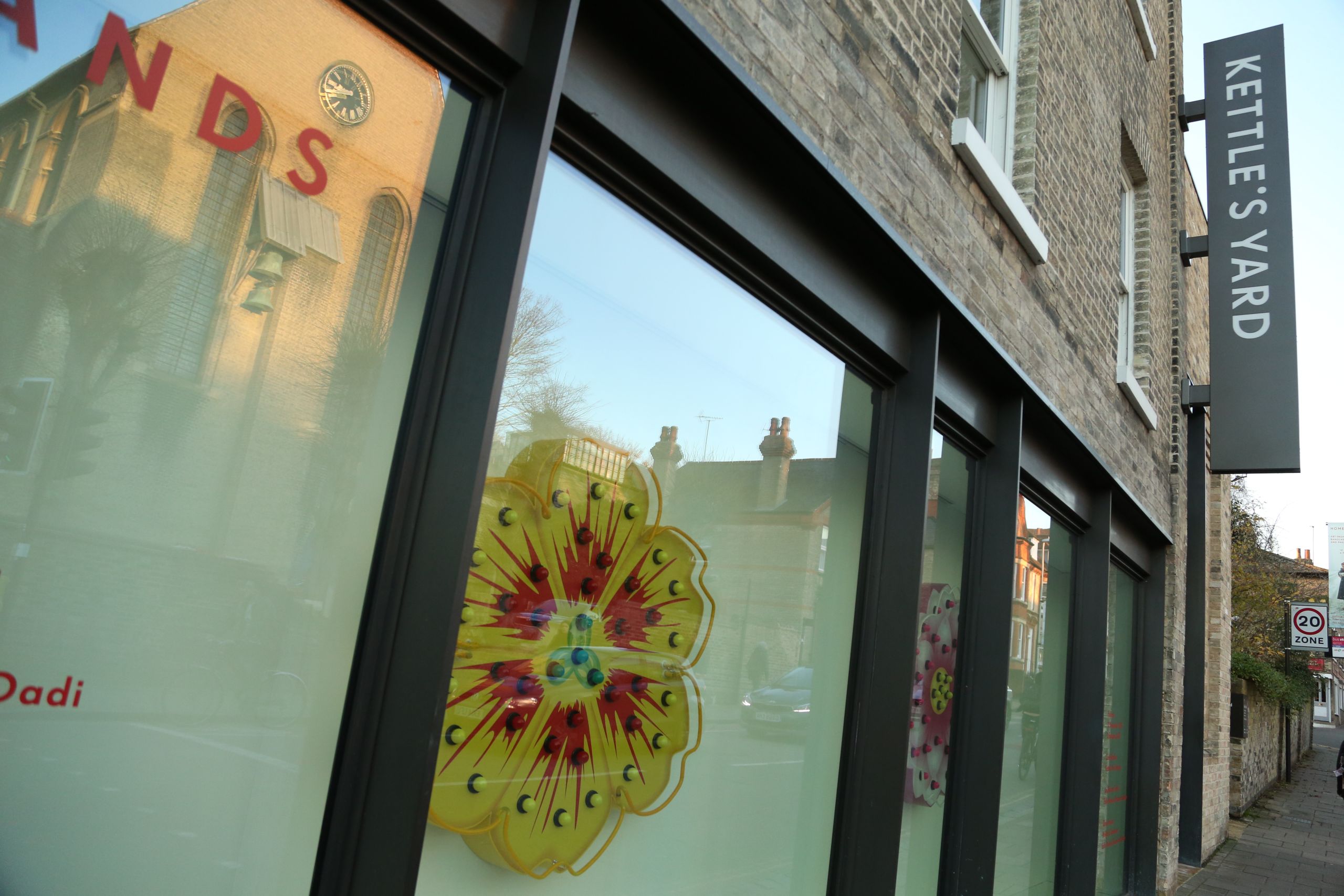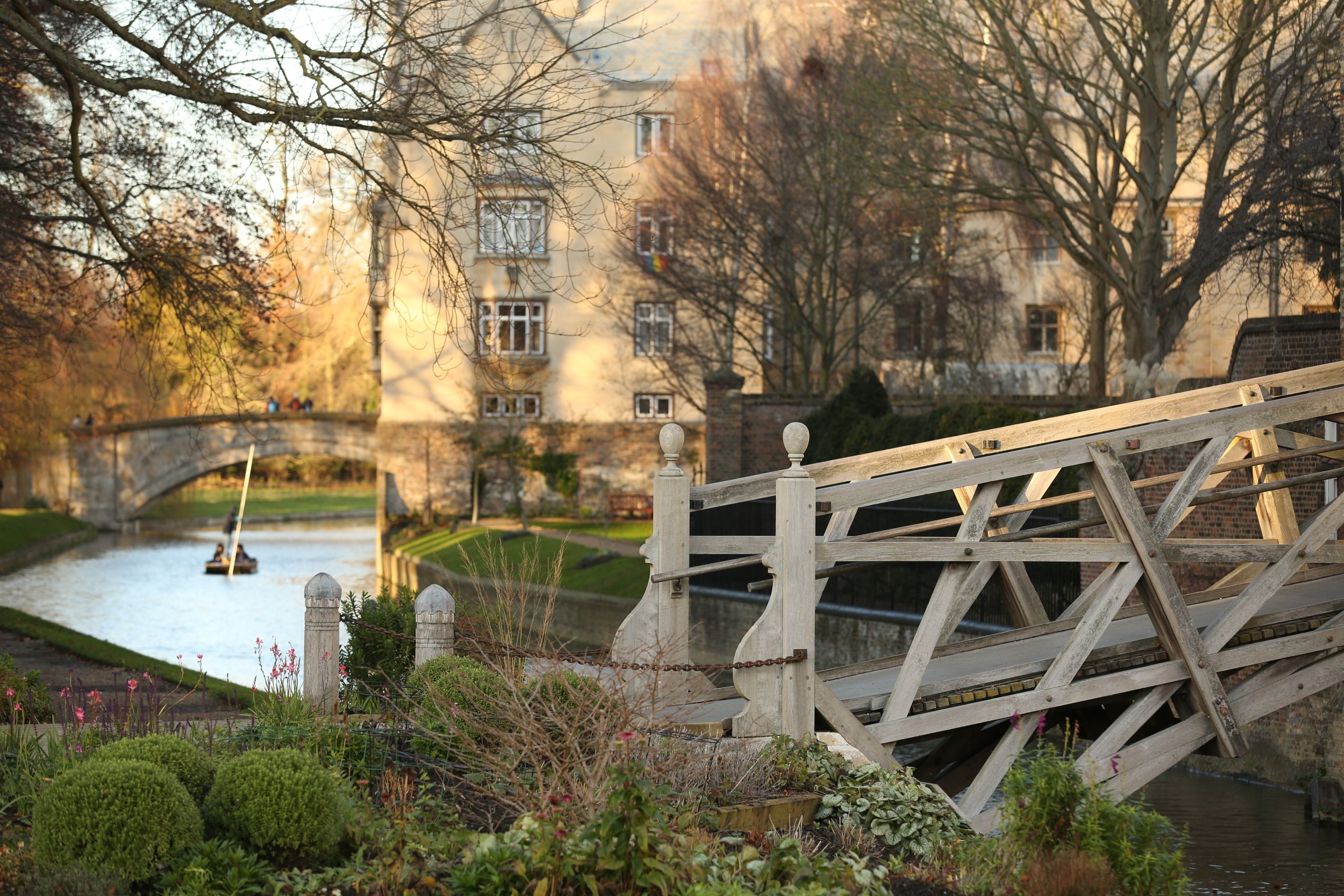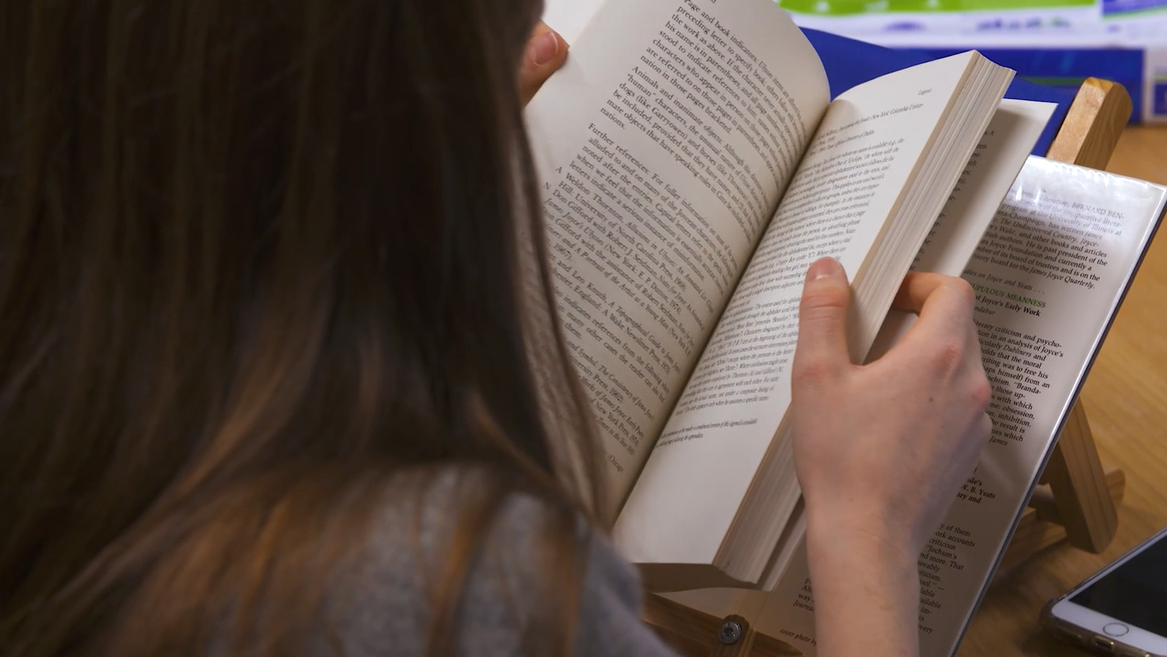Super-Curricular Activities
Enhancing your university application

At the University of Cambridge, we’re looking for students who have an ability to think critically and independently, to argue logically while keeping an open mind to new ideas, and who have genuine passion and enthusiasm for their subject.
Before submitting your application, you should think carefully about which courses and subjects inspire your curiosity and spark your passion.
Super-curricular activities are a great way to explore your subject in-depth and discover topics you are really interested in, and they can also help you to confirm that you’ve chosen the right subject to study at university.
What does super-curricular mean?

Super-curricular is different to extra-curricular. Extra-curricular activities are those outside of your chosen topic, and unrelated to your studies, whereas super-curricular activities take the subjects you study further, beyond what you have learnt at school or college.
Why do I need to do super-curricular activities?

Super-curricular activities are not mandatory. However, they can help you make a competitive application, and prepare you for a challenging academic environment, so we strongly recommend them.
Super-curricular participation can enhance your personal statement, give you greater confidence in your subject choice, show that you are serious about your area of study, and give you a wealth of ideas to draw upon in discussions if you’re invited to interview.
It’s likely that you’ll develop new ideas and opinions, critical thinking and analytical skills, and an ability to understand new information from different sources – this is all great preparation for succeeding at university.
What types of activities should I be looking for?

You can delve deeper into your subject in many ways, such as:
- reading books, specialist magazines and journals
- visiting museums and galleries
- watching films and documentaries
- listening to podcasts
- attending online seminars and lectures
- entering academic competitions
Remember to think about the ideas you are discovering, consider the arguments being made, and form your own thoughts and opinions about them. You might find it useful to discuss what you are learning with a friend, relative or teacher which could be great practice for an academic interview.
Useful resources
Super-curricular suggestions
We have prepared a selection of suggested reading lists and resources which has been gathered from Cambridge departmental and College websites, other universities and various other online sources.
HE+
The HE+ website brings you exciting super-curricular resources created and written by Cambridge students and academics, including challenging activities, engaging videos, reflective questions and much more.
Reading lists
You can find recommended reading lists for each course on departmental websites. Find your course, then navigate to the course website from the menu on the right hand side of the page. Suggested reading can usually be found under information for prospective undergraduates.
Example resources
- If you’re interested in biology, try the Climate change board game.
- If you have a love for language, explore some books and films in another language.
- If you are into current affairs, listen to a news or politics podcast.
- If you want to challenge yourself with engineering problems, visit I Want to Study Engineering.

Remember, there is no right or wrong answer when exploring super-curricular activities. Follow your interests, be open-minded and inquisitive, take time to investigate your subject, and above all, have fun!
The information in this article is correct at the time of publishing. Please check our website for the most up-to-date information.
Last reviewed: March 2025.







